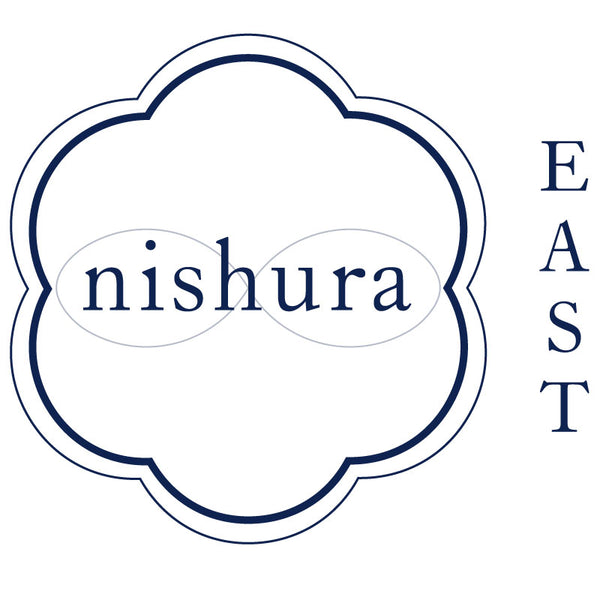When I was living in Japan, my family drank a lot of cold mugicha (barley tea) during the summer. Every single Japanese household has a flask of cold mugicha in their fridge. Mugicha is made from roasted barley and water, it doesn’t actually contain any tea so also doesn’t contain any caffeine. It helps to cool down the body and improve blood flow too, so it’s a perfect summer drink for everyone. I still remember visiting my friends’ houses in the summer – their parents always offered me a glass of cold mugicha. Some families put sugar in their mugicha and some don’t, some prefer it stronger and some weaker. My family are quite traditional in that they didn’t like to put any sugar in our mugicha. I was only small, but I quickly realised that every family has different preferences for their mugicha. I still think my mother’s ratio of barley to water is the best! We sell Ippodo’s mugicha, which has a very elegant flavour. Interestingly, in Europe people would drink barley tea instead of coffee during the War, as there was a shortage of coffee. Next week is set to be a hot one, so perhaps it’s time to give cold mugicha a try?!
I also wanted to share with you the news that I will be running two Japanese tea ceremony workshops at the Serpentine Gallery’s summer pavilion on Saturday 16th July. The American artist Theaster Gates created this year’s pavilion, Black Chapel. I have been working with their curator to run this spiritual experience there. All the tickets to have a cup of matcha re fully booked, but you can still come and watch and enjoy the pavilion. There are two sessions as follows_
16th July at the Serpentine Gallery in Hyde Park
1st session_ 12_00 - 1_15
2nd session_ 2_00 - 3_15
You can also find all the information on the Serpentine’s website too. The pavilion has a large hole in the roof, so it’ll be very interesting if it rains! It’s supposed to be very sunny next week, but I think it would make for a very spiritual experience to have rain drops in the venue. I think that the Black Chapel is a perfect space to use all five of our senses and enjoy stillness, as well as the sounds of birds in the trees of Hyde Park.
I live in London so have lots of noise all day long. A broadband company was digging in our street for all of last week, and it reminded me of how peaceful our lives are without industrial noise. Some noises are calming for me, the sound of pouring water to make a cup of matcha tea, the sound of the whisk mixing the matcha with the water, the sound of waves in the sea, a river stream, birdsong. I believe that everyone has their own preference as to what sounds they find calming. Many people ask me if I play any special music during the tea ceremony. We don’t use any, as we enjoy the stillness, and the sounds of nature and movement. The curator at the Serpentine told me that they will ring the bell from a demolished Chapel, which sits outside the Black Chapel when we start the tea ceremony workshop.
The Japanese tea ceremony workshop was developed as part of a Zen ritual in the 15th century. Our lifestyle has changed dramatically since then. As a Japanese person living in a diverse city like London, I like tradition as well as eclectic lifestyle and design, and I respect different cultures and backgrounds.
My parents encouraged me to practice the Japanese tea ceremony as a way of understanding Japanese culture, and I am keen to introduce Japanese culture to a global audience. I hope this workshop at the Black Chapel will help people to enjoy daily meditation as well as understand different cultures, races, ideologies, and religions, and help people to think about others.
Photo:
Serpentine Pavilion 2022 Black Chapel designed by Theaster Gates
© Theaster Gates Studio
Photo: Iwan Baan
Courtesy: Serpentine


